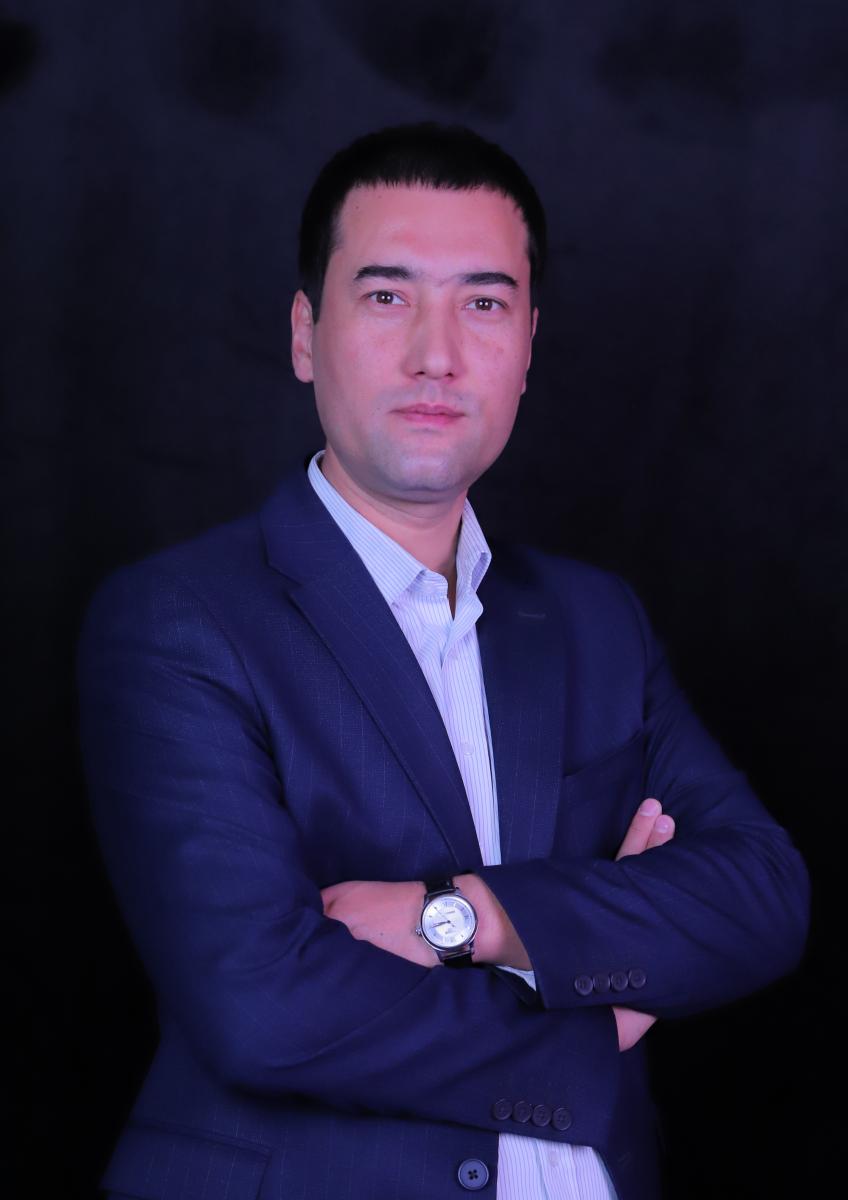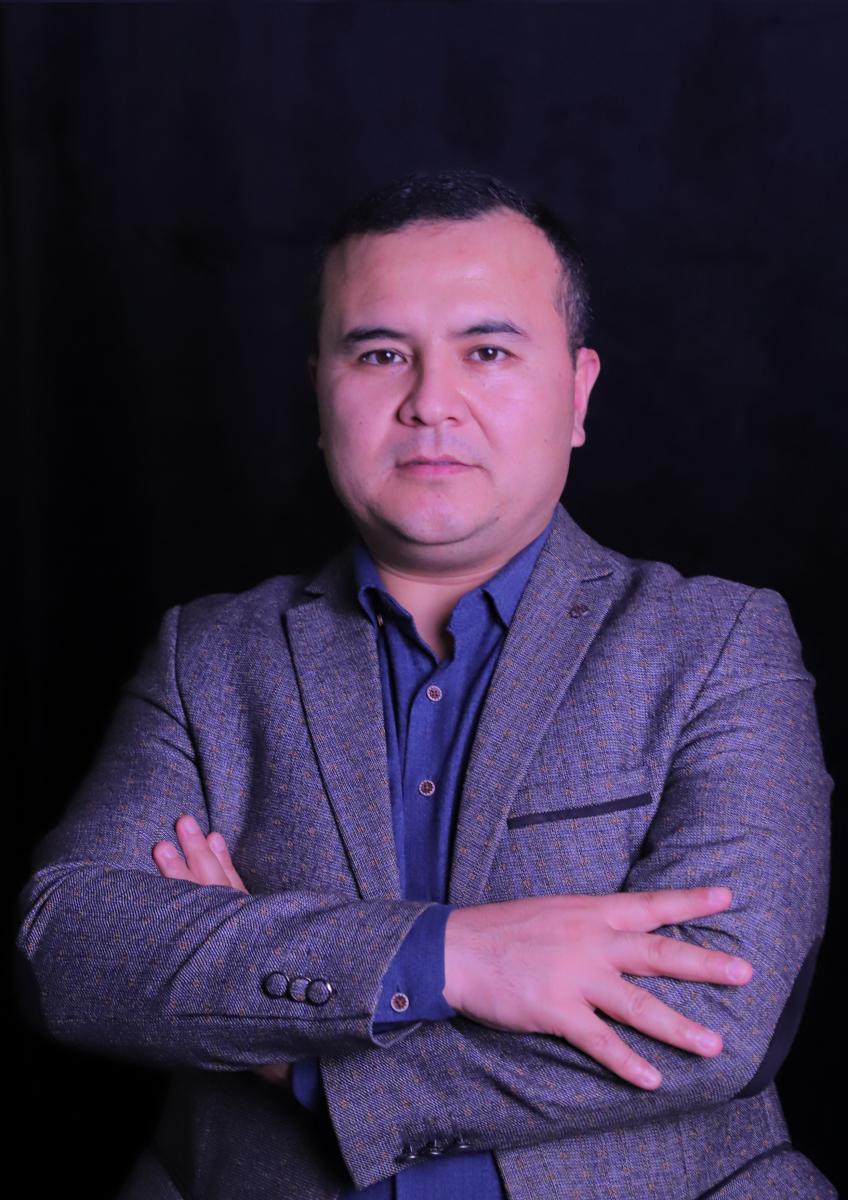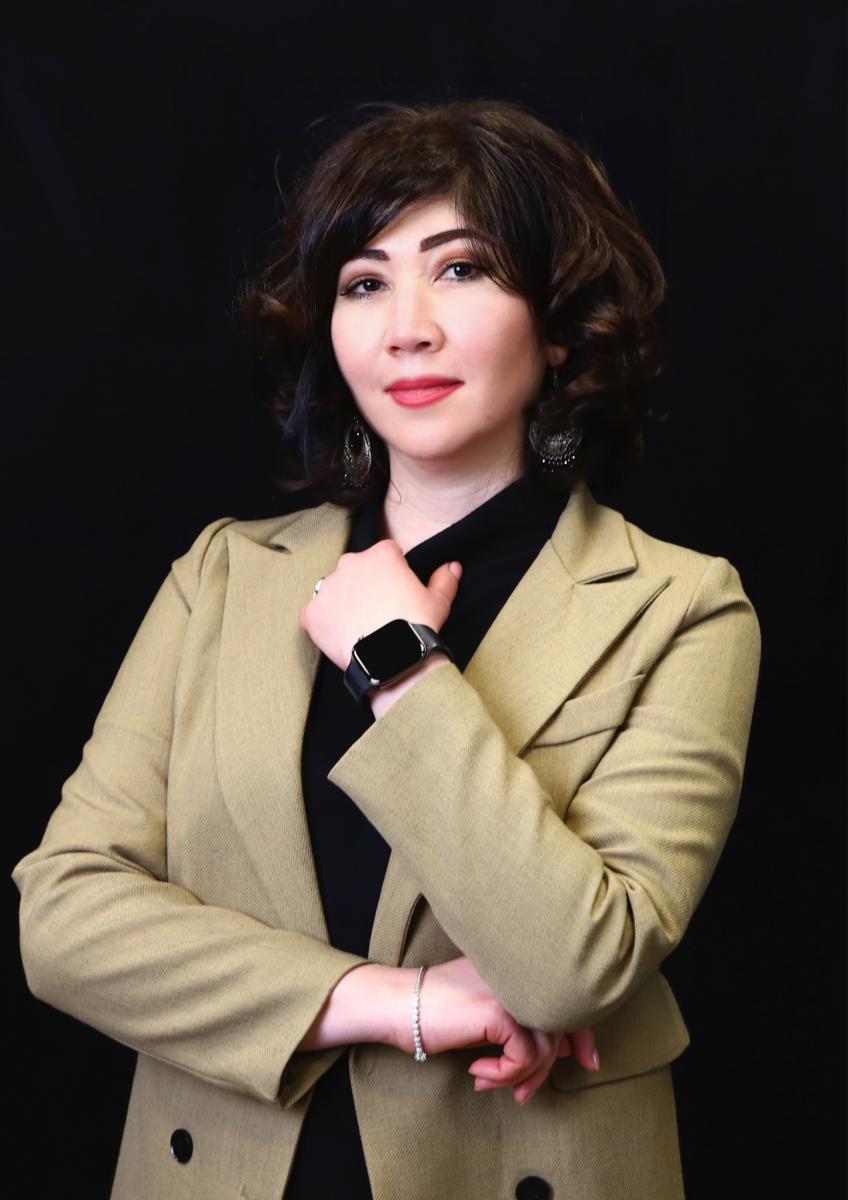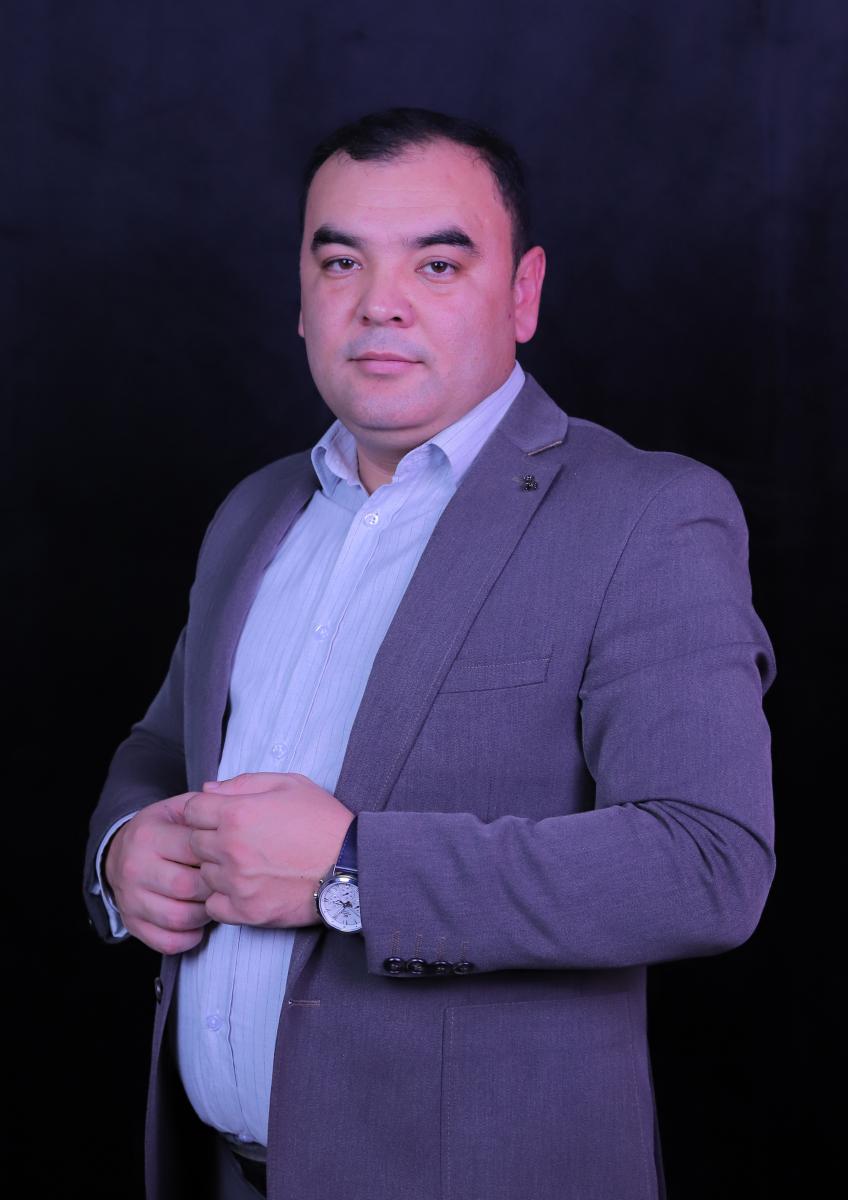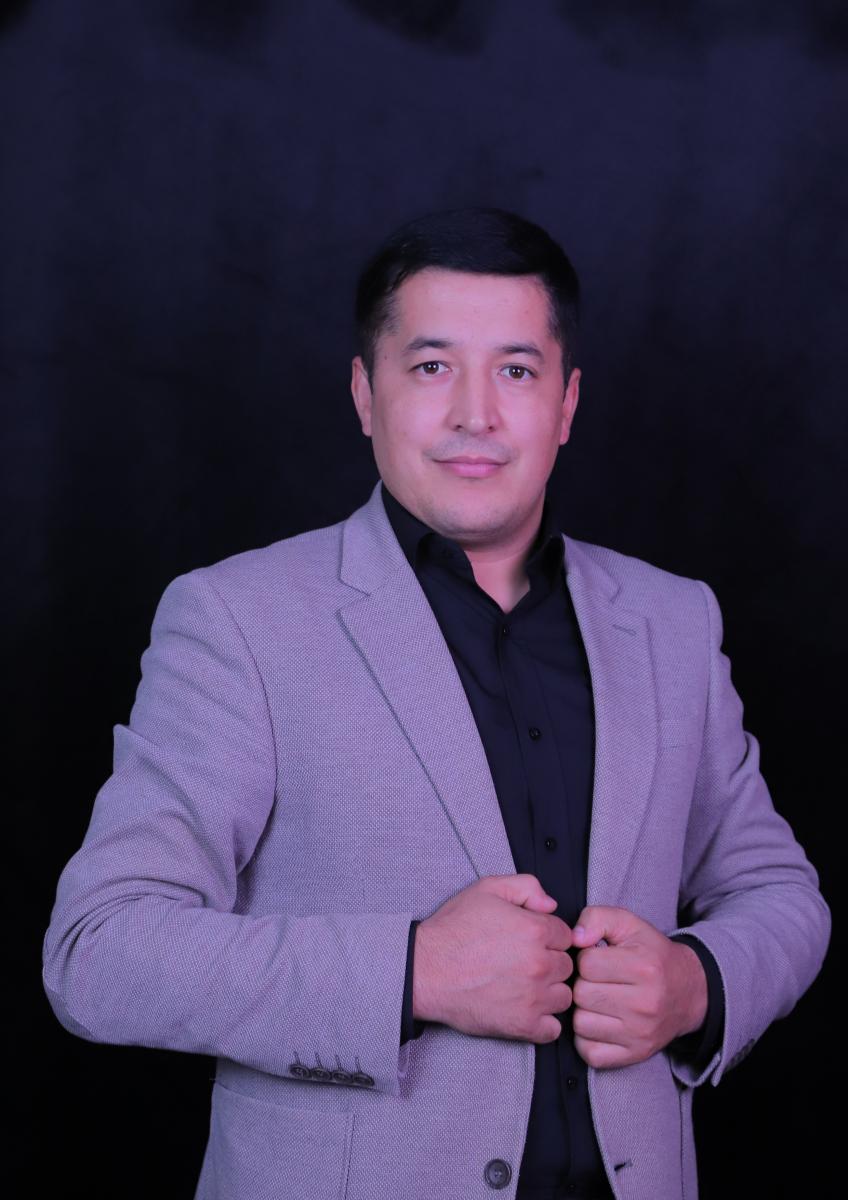The Board of Trustees serves as a public governance body, established under national legislation and presidential decrees. It includes representatives from various sectors, including government, academia, and business. The Board's main objectives are to improve education quality, strengthen the university's material base, enhance infrastructure, and attract external funding. It also makes recommendations on strategic initiatives, educational programs, and performance evaluation of faculty and staff. Together, both bodies ensure the effective governance and continuous development of the institution.





